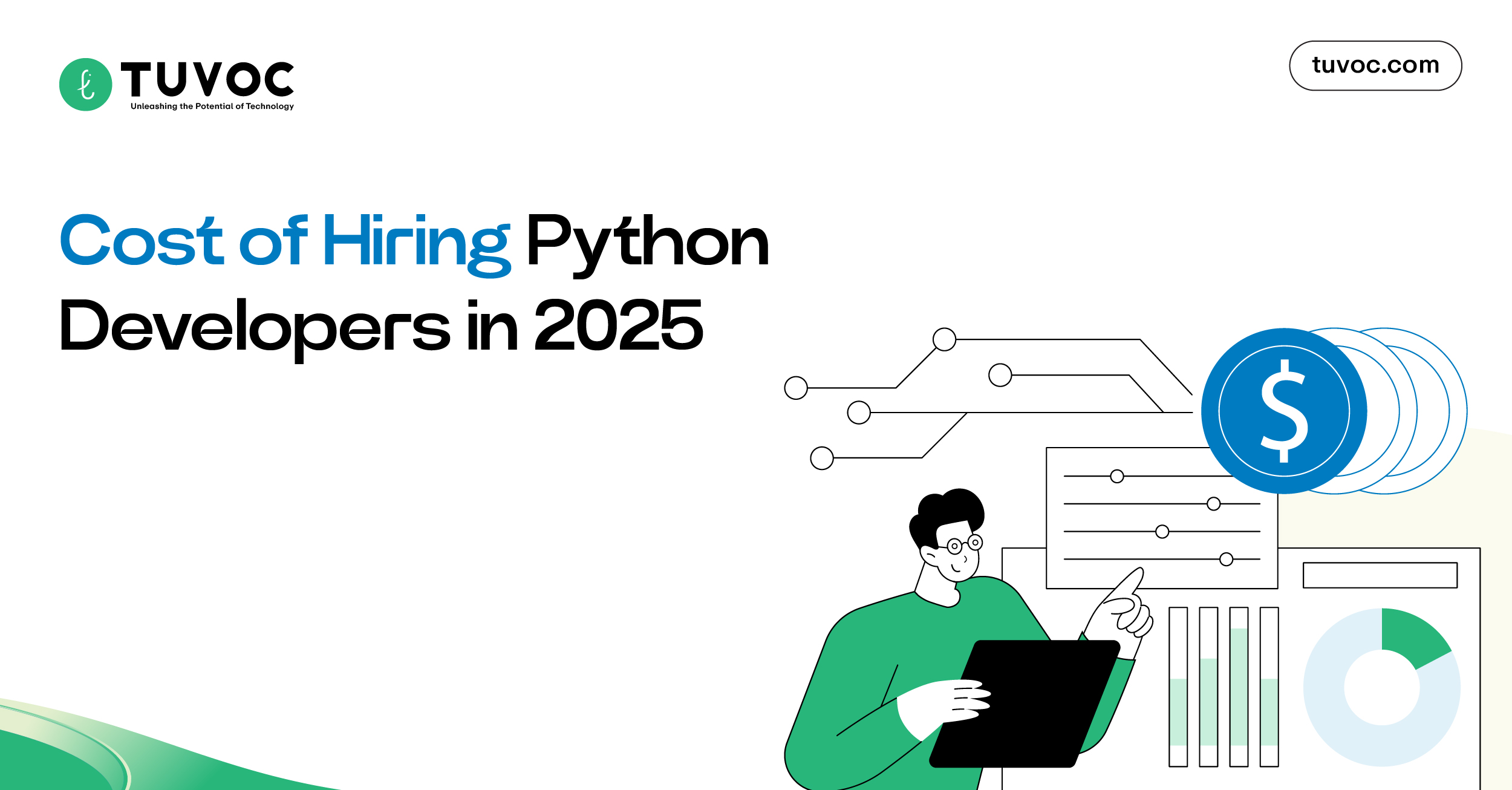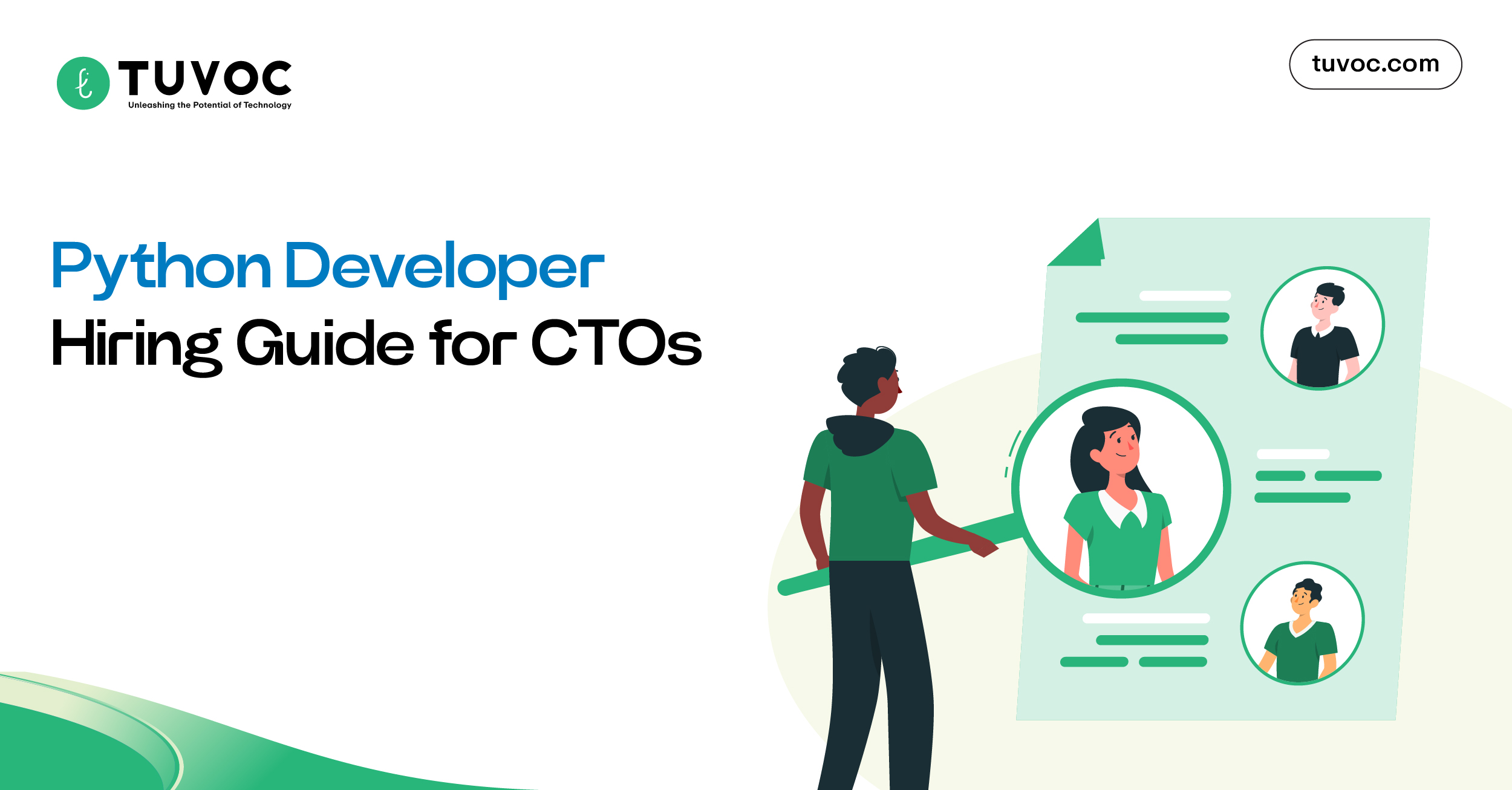Artificial Intelligence (AI) automation is not some fancy new word! It is completely changing how businesses operate. As organizations all over the world adapt to the new technological capabilities, the integration of AI into business processes has already become a necessity right now just to stay competitive. This transformation is reshaping industries by creating new opportunities, and challenging traditional models.
The New Normal in Business Operations
The numbers paint a nice story for us! 65% of global businesses have already implemented AI to reduce manual and repetitive work. This shift spans across industries, from manufacturing floors to healthcare facilities and retail operations.
Manufacturing companies use AI-powered robots to streamline production lines, while healthcare providers implement AI for faster, more accurate patient care and diagnostics. Retailers have started leveraging AI to manage inventory and predict consumer behavior with incredible precision.
At Tuvoc, we have witnessed this transformation firsthand through our work with diverse industries. Our experience shows that each sector has unique needs for automation, and cookie-cutter solutions rarely bring any impact or optimal results. We have customized AI solutions that can address specific industry challenges while providing measurable returns on investments.
Reshaping the Work Landscape
The impact of AI on employment is significant. Research indicates that by 2030, Generative AI will be able to automate approximately 300 million jobs globally. However, these statistics only show us a part of the story. While some roles may be automated, new roles are also emerging that require different skill sets.
Like for instance, we are seeing increased demand for AI trainers, data analysts, and automation specialists. The key is not to resist this change but to adapt and move ahead with it. Companies and employees need to focus on developing skills that complement the new AI capabilities rather than compete with them.
This transformation is creating opportunities for workers to move into more strategic, creative, and interpersonal roles. Tasks that require emotional intelligence, complex problem-solving, and strategic thinking are becoming more and more valuable as routine tasks are being automated.
The Business Case for AI Integration
The financial benefits of AI integration are very clear and immediate. Companies that have integrated AI solutions report a 45% increase in corporate profits within just four months. This boost comes from multiple sources:
- Reduced operational costs through automated processes
- Better decision-making based on data-driven insights
- Improved customer service through AI-powered interactions
- Enhanced productivity in core business functions
- Decreased error rates in routine tasks
- Faster processing times for complex operations
- Better resource allocation and utilization
Let’s take Amazon’s predictive analytics system as an example. By using AI to predict customer behavior and optimize inventory management, they have significantly reduced warehousing costs while improving delivery times. Similar success stories can be found across various industries and verticals, from financial to healthcare services.
Navigating the Challenges
Despite these benefits, implementing AI isn’t without its hurdles. Data privacy concerns remain at the forefront of many discussions. Organizations must also address employee resistance to new technologies and processes.
Common challenges include:
- Ensuring data security and compliance with privacy regulations
- Managing the initial costs of AI implementation
- Training employees to work with new systems
- Maintaining system accuracy and reliability
- Integrating AI solutions with existing infrastructure
- Addressing ethical considerations in AI deployment
The key is finding the right balance between automation and human input. While AI excels at processing vast amounts of data and performing repetitive tasks, human skills like emotional intelligence, creative problem-solving, and strategic thinking remain irreplaceable.
Building a Future-Ready Business

To prepare for an AI-driven future, businesses need a structured approach:
1. Skills Development:
- Invest in comprehensive training programs that cover both technical skills and soft skills
- Develop continuous learning programs to keep pace with technological changes
- Create mentorship programs to support skill transition
- Encourage cross-functional learning and collaboration
2. Cultural Transformation:
- Create an environment where innovation is welcomed
- Foster a mindset of continuous improvement
- Encourage experimentation and learning from failures
- Promote transparent communication about technological changes
3. Strategic Implementation:
- Start with small, manageable AI projects
- Scale up based on results and organizational readiness
- Monitor and measure impact regularly
- Adjust strategies based on feedback and outcomes
The Tuvoc Technologies Advantage
As a leader in software development and digital transformation, Tuvoc Technologies offers comprehensive solutions to help businesses navigate this transition. Our services include:
AI and Machine Learning Solutions:
- Custom AI applications for process automation
- Predictive analytics systems
- Natural language processing solutions
- Computer vision applications
Custom Software Development:
- Enterprise-level applications
- Industry-specific solutions
- Integration services
- Legacy system modernization
Mobile App Development:
- Native iOS and Android applications
- Cross-platform solutions
- Progressive web apps
- Mobile-first strategies
DevOps Engineering:
- Continuous integration/continuous deployment (CI/CD)
- Infrastructure automation
- Performance optimization
- Security implementation
Cloud Integration:
- Multi-cloud strategies
- Cloud migration services
- Scalability solutions
- Cloud security implementation
Quality Assurance:
- Automated testing
- Performance testing
- Security testing
- User acceptance testing
Moving Forward with Confidence
The transformation brought by AI automation in business is substantial, but it’s manageable with the right approach and partner. While challenges exist—from technical implementation to workforce adaptation—the benefits far outweigh the initial hurdles.
Successful AI integration isn’t about replacing humans; it’s about enhancing human capabilities. It’s about making businesses more efficient, productive, and competitive in an increasingly digital world. Organizations that embrace this change while maintaining a focus on human skills and values will be best positioned for success.
Ready to Transform Your Business?
If you’re considering how AI automation can benefit your organization, Tuvoc Technologies is here to help. Our team of experts can assess your needs, develop a customized implementation plan, and guide you through every step of the transformation process.
Contact Tuvoc Technologies today to start your journey toward AI-powered business transformation. Let’s work together to build a more efficient, productive, and successful future for your business.
FAQs
AI-powered business transformation involves integrating artificial intelligence into business processes to enhance efficiency and decision-making.
Businesses can achieve increased efficiency, improved customer service, and significant cost reductions through AI implementation.
Organizations may encounter data privacy concerns, employee resistance, high initial costs, and integration issues with existing systems.
AI will automate certain tasks but will not fully replace human jobs; it will create new roles that require different skill sets.
Businesses should invest in training, foster a culture of innovation, start with small AI projects, and implement feedback mechanisms for continuous improvement.
Have an Idea? Let’s Shape It!
Kickstart your tech journey with a personalized development guide tailored to your goals.
Discover Your Tech Path →Share with your community!
Latest Articles

Understand Cost of Hiring Python Developers in 2025: Factors and Strategies
Note: The estimated cost of hiring Python developers can range between $ 15-17 hourly or more. The exact cost, team…

Top CTO Checklist for Hiring Python Developers
Introduction Python is among the popular programming languages due to its comprehensive libraries, frameworks, and versatility. Many popular companies like…

The Ultimate Guide to Fintech Software in 2025: Everything You Need to Know
Fintech software revolutionized the financial landscape, with global fintech funding reaching a record $132 billion in 2021, accounting for 21%…





